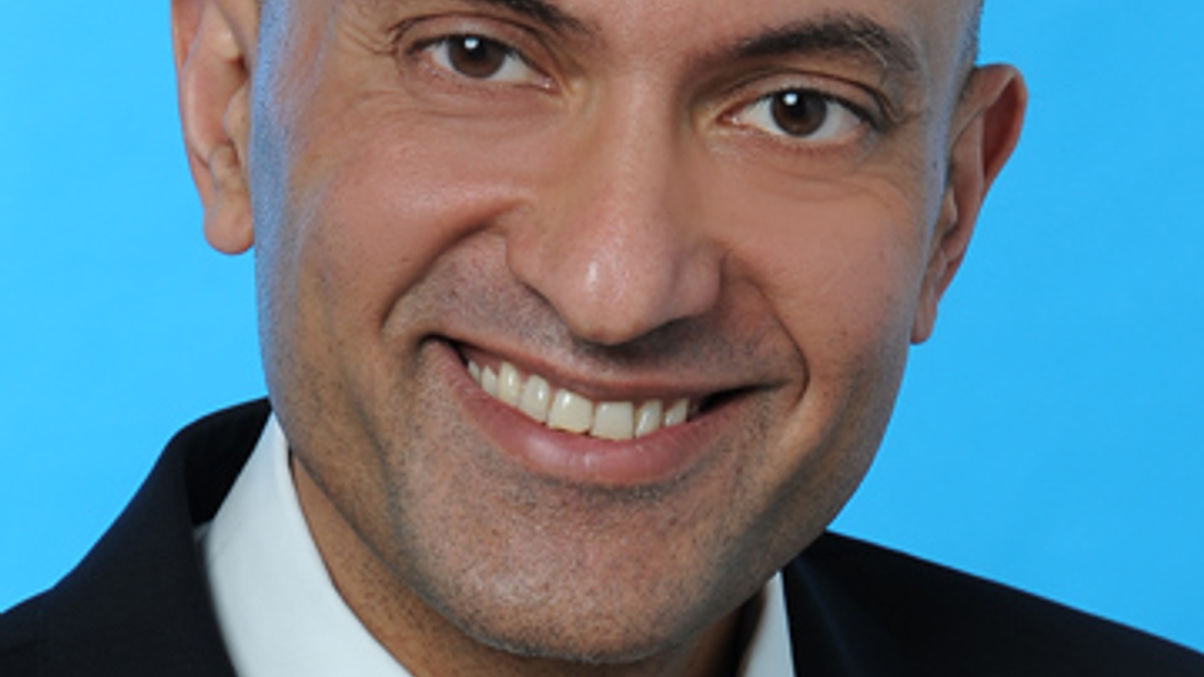Aviva Investors ahead of schedule on Asia build-out
The UK asset manager is attracting Asian institutional clients to new and established strategies, but aims to boost its regional retail AUM and is mulling new products.

Aviva Investors may be a relatively late starter in the Asian asset management space, but it seems to be making rapid strides in building a presence in the region.
Sign in to read on!
Registered users get 2 free articles in 30 days.
Subscribers have full unlimited access to AsianInvestor
Not signed up? New users get 2 free articles per month, plus a 7-day unlimited free trial.
¬ Haymarket Media Limited. All rights reserved.


